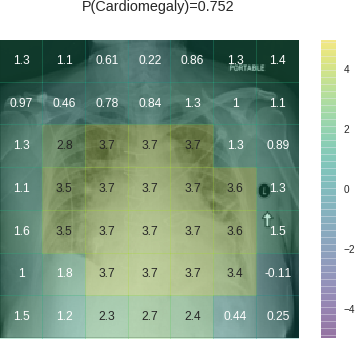What she saw was the housing crisis the collapse of major financial institutions ... all had been aided and abetted by mathematicians wielding magic formulas.
That was 2008. But there was no let up there after.
New mathematical techniques were used to churn through petabytes of information much of its created from social media or you e- commerce websites -mathematicians studied desires movements and spending power they were predicting trustworthiness and calculating potential.
But, as O’Neil, author of the Mathbabe blog, documents ably: The models encoded human prejudice.
She enumerates the differences between a study of small classroom and the big data they work on at Google. This is something I see regularly, as I cover big data as it pertains to business enterprises. People see what Google does and mistakenly extrapolate the company’s proven success to their own potential outcome. They feel good, because they think they are doing something akin to what the great disruptor of advertising did.
Systems like that can be improved via Feedback but systems like the one she discusses in the Washington school system and which she says is similar to other weapons of mass destruction she considers in her book, generally lag in terms of feedback. They also create fail-safe false premises for their syllogism.
Author writes:
You cannot appeal to a WMD that’s part of their fears sun power they do not listen nor do they bend their DEF not only to charm threats and cajoling but also to logic.
...they define their own reality and use it to justify their results this type of model is Self perpetuating highly destructive and very common. [p.10]
A great example of unfairness is the use of credit scores to decide who gets a job. That has a way of enforcing failures that would cause Horacio Alger a troubled sleep. For me it rather recalls the great moloch of Search Engine Optimization, a dark cottage industry that sells “Google know how” but which is an amazing indisputable black box of Oz.
But the story really begins with the economic crisis of 2008. And the creation of math models that packaged assorted mortgages (as buckets of risk called securities) in ways that proved lethal, complex and resistance to unravelment an underlying assumption was as familiar as any disaster that had come before:
Subsequently, O'Neal becomes a data scientist for Intent, working on algorithms to predict the better prospects among web sites' visitors. The leap from math models for futures and math models on web sites put her firmly in the realm of big data, which is where Weapons of Math Destruction really begins.
The risk models were assuming that the future would be no different than the past. [p.41]
- Vaughan
https://www.amazon.com/Weapons-Math-Destruction-Increases-Inequality/dp/0553418815






